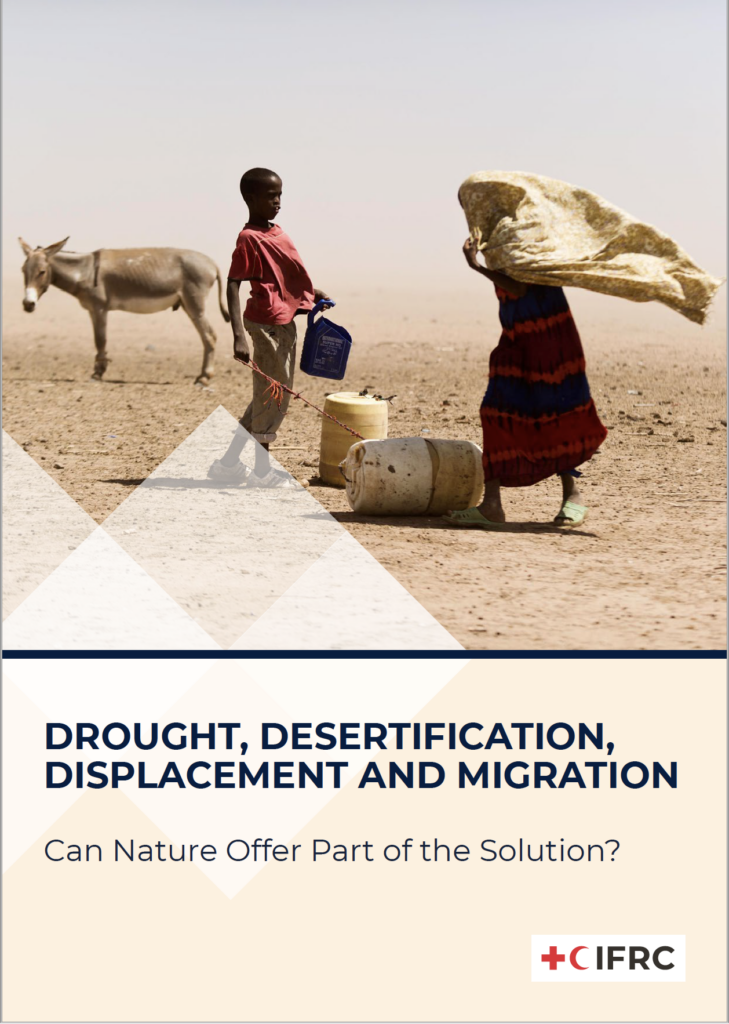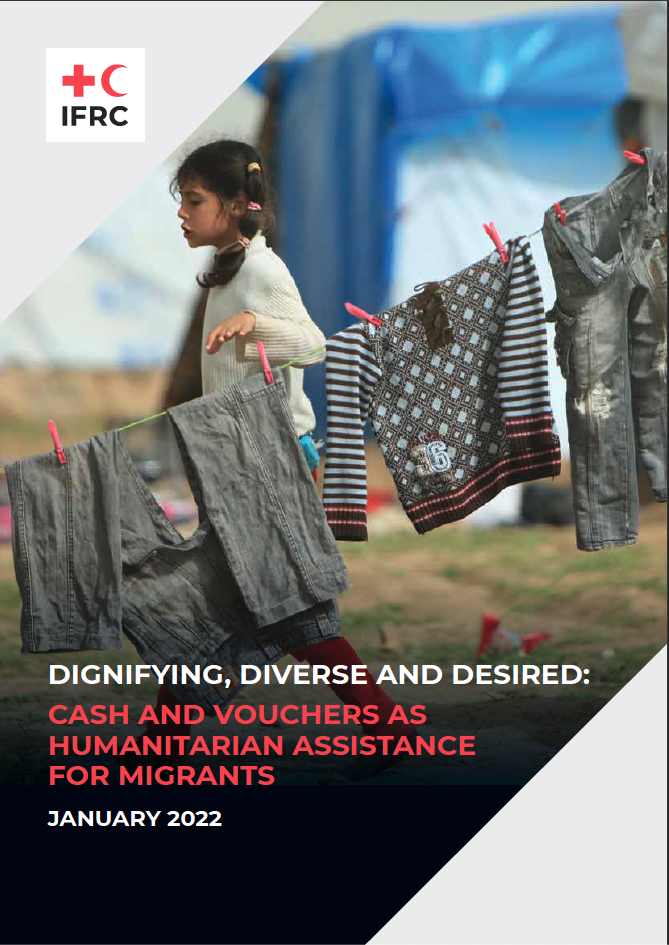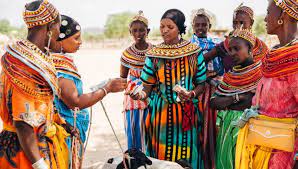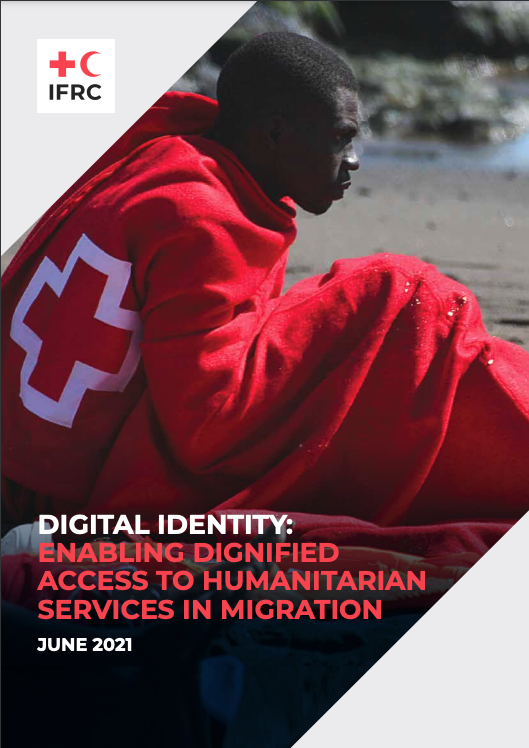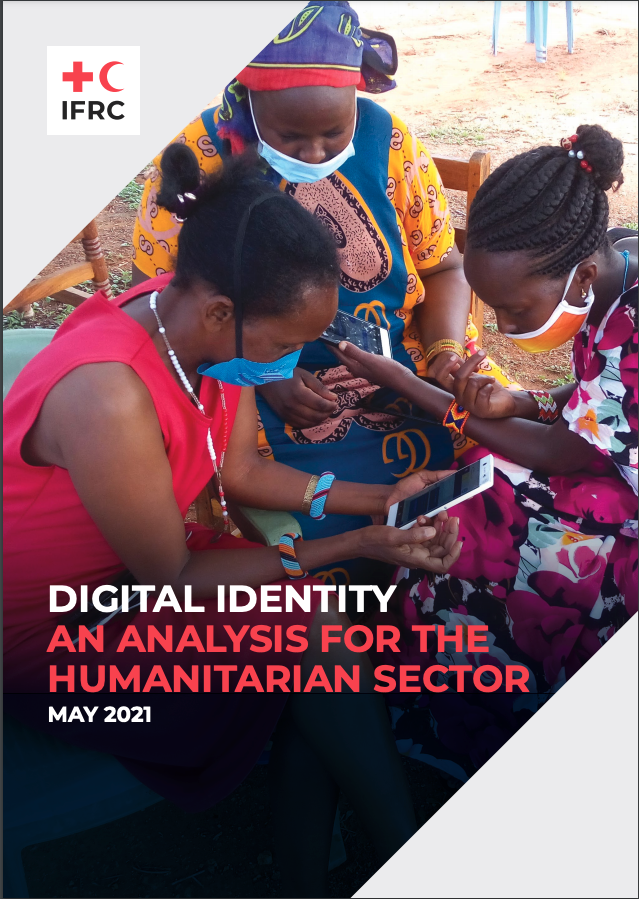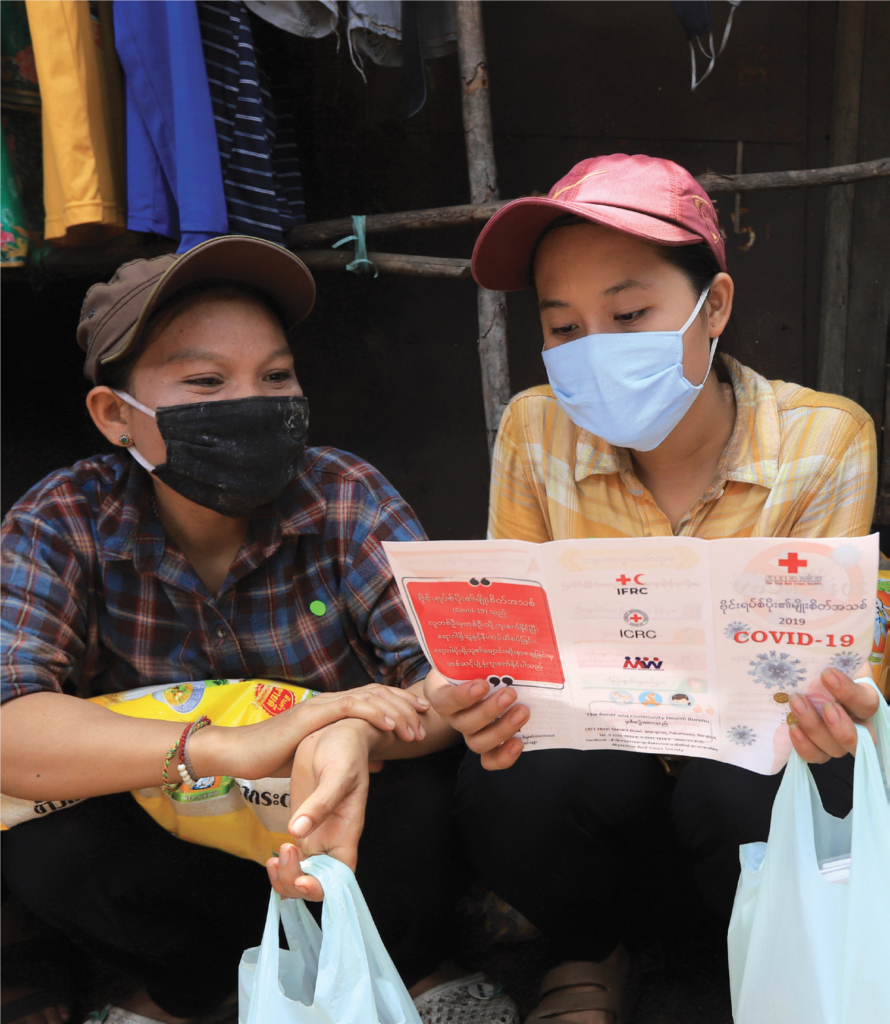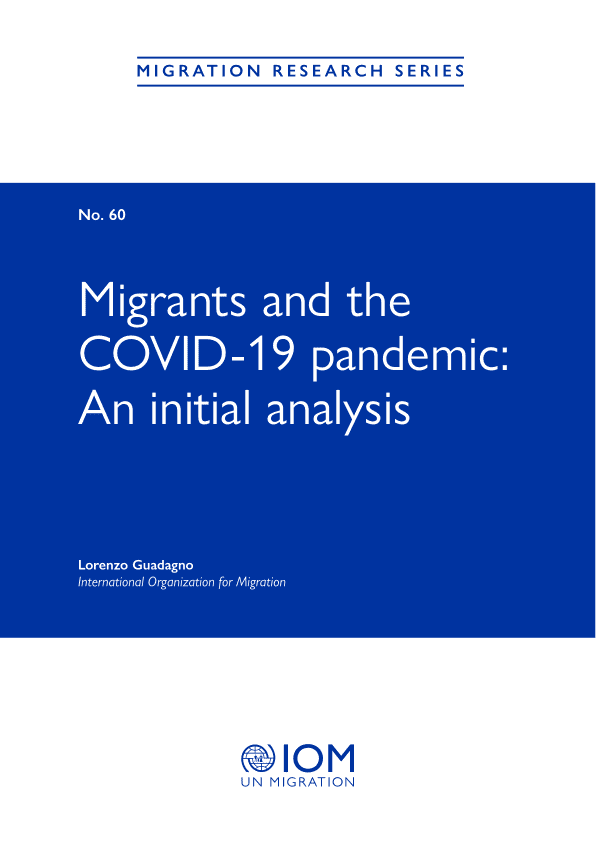Drought, desertification, displacement and migration: can nature offer part of the solution? IFRC, 2022
This paper is the result of an event that took place on the 10th of November 2021 as part of the Development and Climate Days at UNFCCC COP26. This paper will summarize the key points of discussion from the four expert panelists, representing environmental and humanitarian perspectives, from both practice and policy, in combating drought […]

